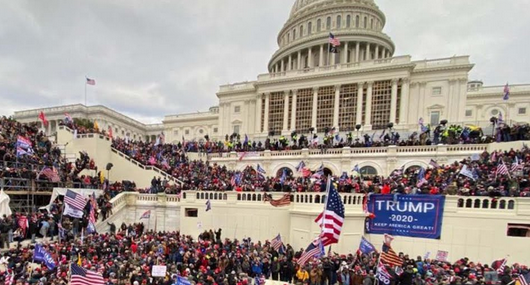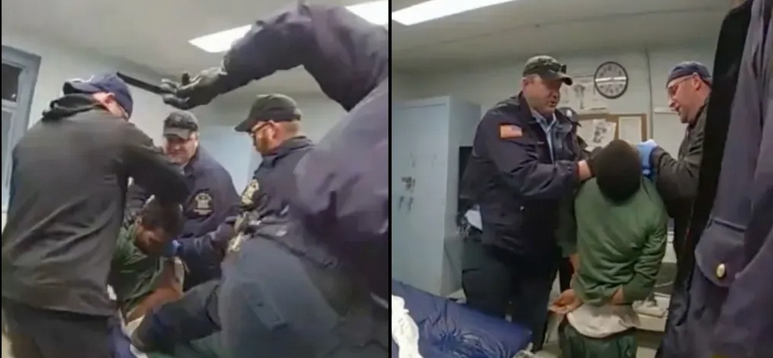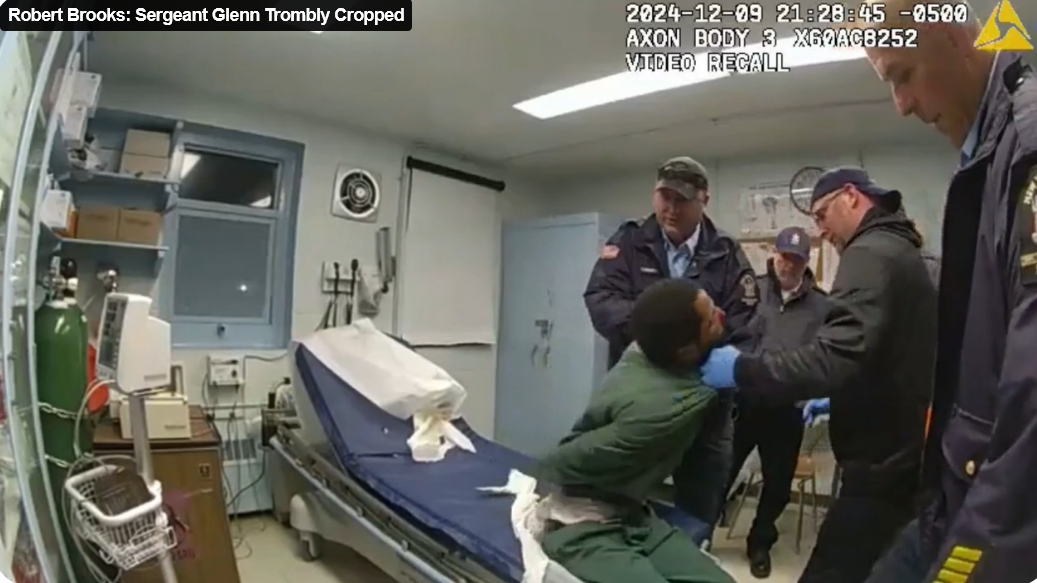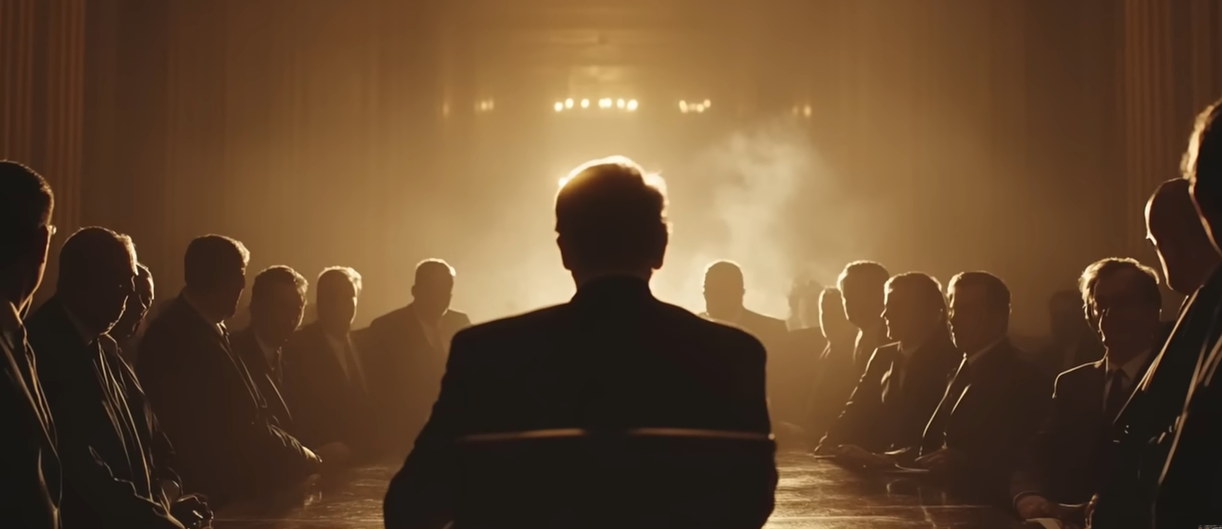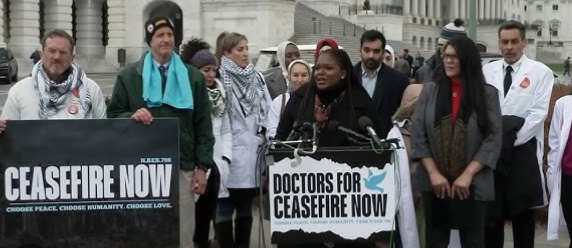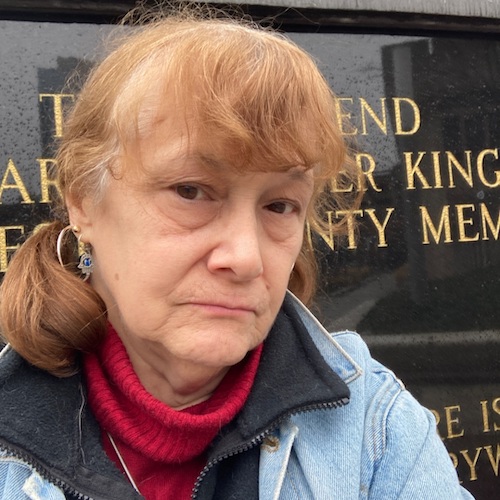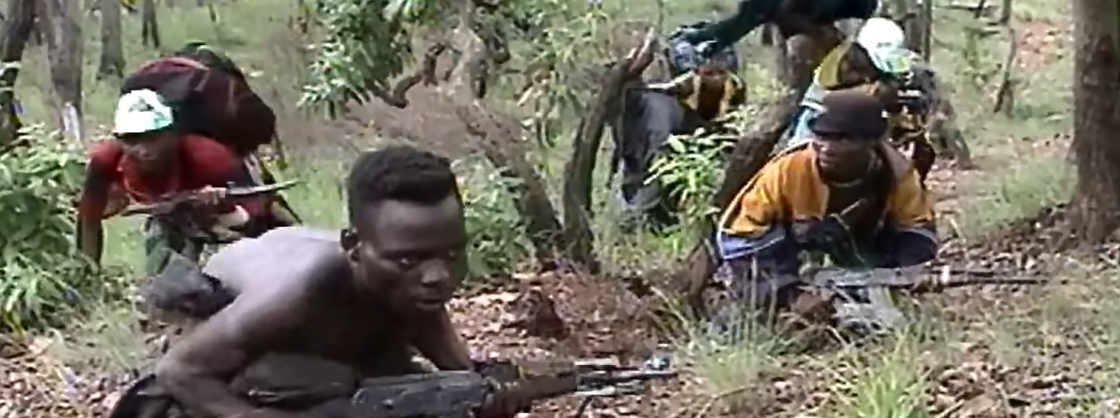Photos: YouTube\Twitter
“The threats became much more specific, much more graphic, and included not just me by name but included members of my family…” This is how Al Schmidt, the former City Commissioner of Philadelphia and a Republican member of the election board, described the intimidation he faced during and after the 2020 election.

He’s not alone.
Nearly one in five local election officials say they are likely to leave their jobs before the 2024 Presidential election, according to a recent Brennan Center survey. Many cite threats as the reason for their departure.
The January 6th Committee is showing us how fragile our democracy is. Our trust in each other and in our institutions is waning – in both parties. Norms of peaceful, inclusive democratic activity are being eroded, as we see from reports about professional election officials being intimidated.
This doesn’t have to continue. We can act now to protect our democracy, at a minimum, taking a stance against politically motivated violence. This is an important line to hold. Even the threat of violence chills democracy. People grow reluctant to speak about issues, voters are afraid to cast ballots, good people are deterred from running for office.
Fortunately, there are many ways we can protect our democracy, without spending any money or investing a lot of time.
We can start by working from the outside to protect our election infrastructure. We can reach out to our local level election officials to find out what support they need. Many are volunteers struggling with threats to their safety, a deluge of misinformation, and partisan pressure. Do they need help combatting misinformation, equipment or training, or protection by law enforcement?
We can also work with state and county officials and law enforcement to make sure they are upholding norms of respectful, nonviolent democratic participation. With a letter, tweet, or a petition, we can ask officials to publicly pledge to count every vote and respect the will of voters. Speak Up Now got Oregon Governor Kate Brown to make such a commitment using nothing more than the comment function on the governor’s website. Similarly, we can ask law enforcement to publicly pledge to protect voters, election officials, and peaceful protesters.
We can also work with candidates. We can urge all candidates in our local races to pledge not to use hate or inciting speech. Leaders’ messaging matters, so we should hold our leaders to standards of democratic speech.
Another crucial way to protect our democracy is from the inside, as poll workers. We can sign up to be poll workers, and recruit friends and family. Poll workers help voters check in, understand their ballots, and cast their vote. Fewer poll workers mean fewer polling places or polling places that run more slowly, another democracy drain. I’ve found this work fulfilling, and others do as well.
As a young woman at my early voting center said to me this week, “It’s been fun – helping all regardless of their party or beliefs. I know everyone is as passionate about their vote as I am about mine, and I like making sure every vote counts.” She enjoys performing a civic duty. We all can – and our democracy needs us.

Melinda Burrell, PhD, @MelindaCBurrell, syndicated by PeaceVoice, was a humanitarian aid worker and now trains on the neuroscience of communication and conflict. She is on the board of the National Association for Community Mediation, which offers resources on cross-divide engagement.
